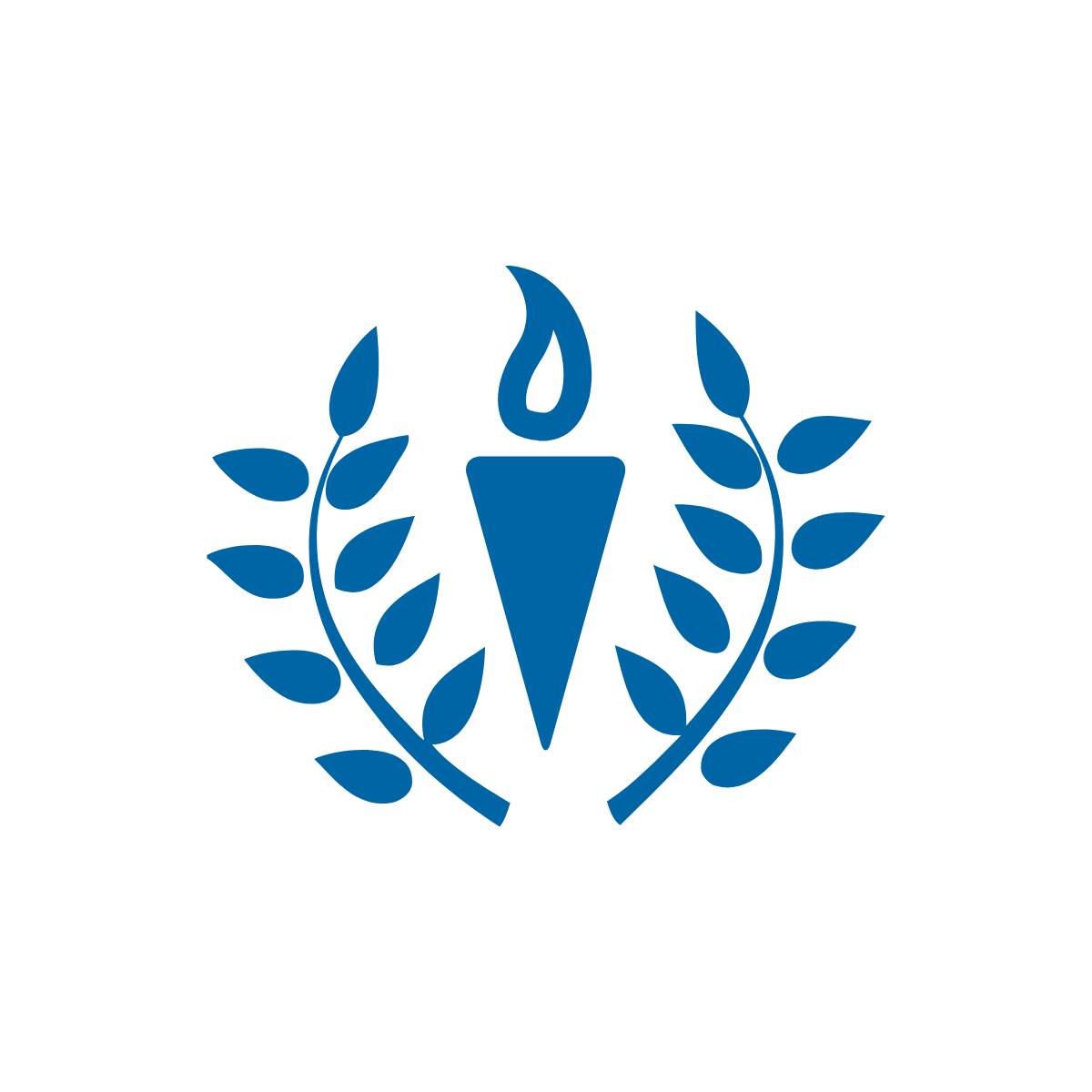Current Learning Communities
Learning Communities (LCs) bring faculty and staff together to foster a 1-2 semester-long conversation on a topic of mutual interest and encourage an application of the knowledge gained. Each LC consists of a facilitator and a group of at least four faculty or staff. If you are interested in registering for an LC, simply apply for a Learning Community in the FTLC Grant System. All faculty are eligible to apply, and staff may participate with supervisor approval.
If you are interested in forming or leading a Learning Community for the current or upcoming academic year, complete a Learning Community Letter of Intent Form. If you are leading an LC, visit the LC Facilitator Resources page.
Looking for inspiration? Visit our Past Faculty Learning Communities webpage to see a complete list (with descriptions) of FLCs from past academic years.
2024-2025 LEARNING COMMUNITIES
Don't take our word for it. Watch this short video in which GVSU faculty are interviewed about the impact participating in a Pew FTLC Faculty Learning Community had on them. We couldn't ask for better ambassadors for this fantastic program!
Cohort-Based
This series features topics that are interest to a discipline-specific group of faculty or staff.
- Fall 2024

Contemplative Pedagogy
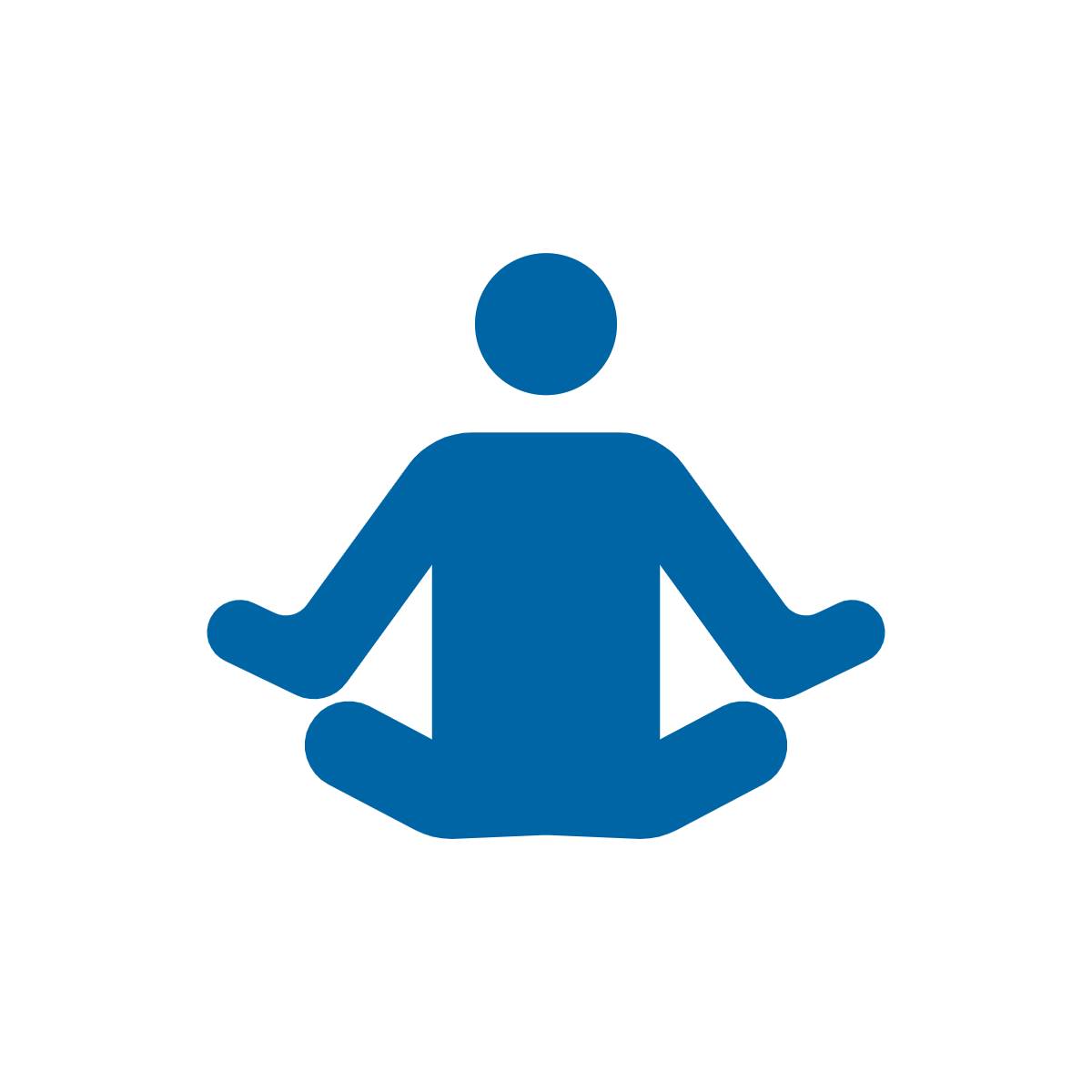
This ongoing series includes one introduction to contemplative pedagogy for those who are new to the idea and a more advanced topic for those who would like to apply their existing knowledge of contemplative pedagogy.
- Fall 2024
- Winter 2025
Effective Teaching: Classic and Contemporary Thought
This ongoing series will feature two LCs each semester, one delving into a foundational text of progressive educational philosophy (e.g. Rousseau, Dewey, Hooks), the other providing a contemporary lens and practical approaches to confront today's pedagogical challenges. All faculty are welcome to join one or both LCs.
- Spring/Summer 2024
- Teaching with AI—AI is here–what should instructors know and do?
- Transforming the College Classroom— How might creating a classroom environment that is conducive to learning benefit students for the world beyond college?
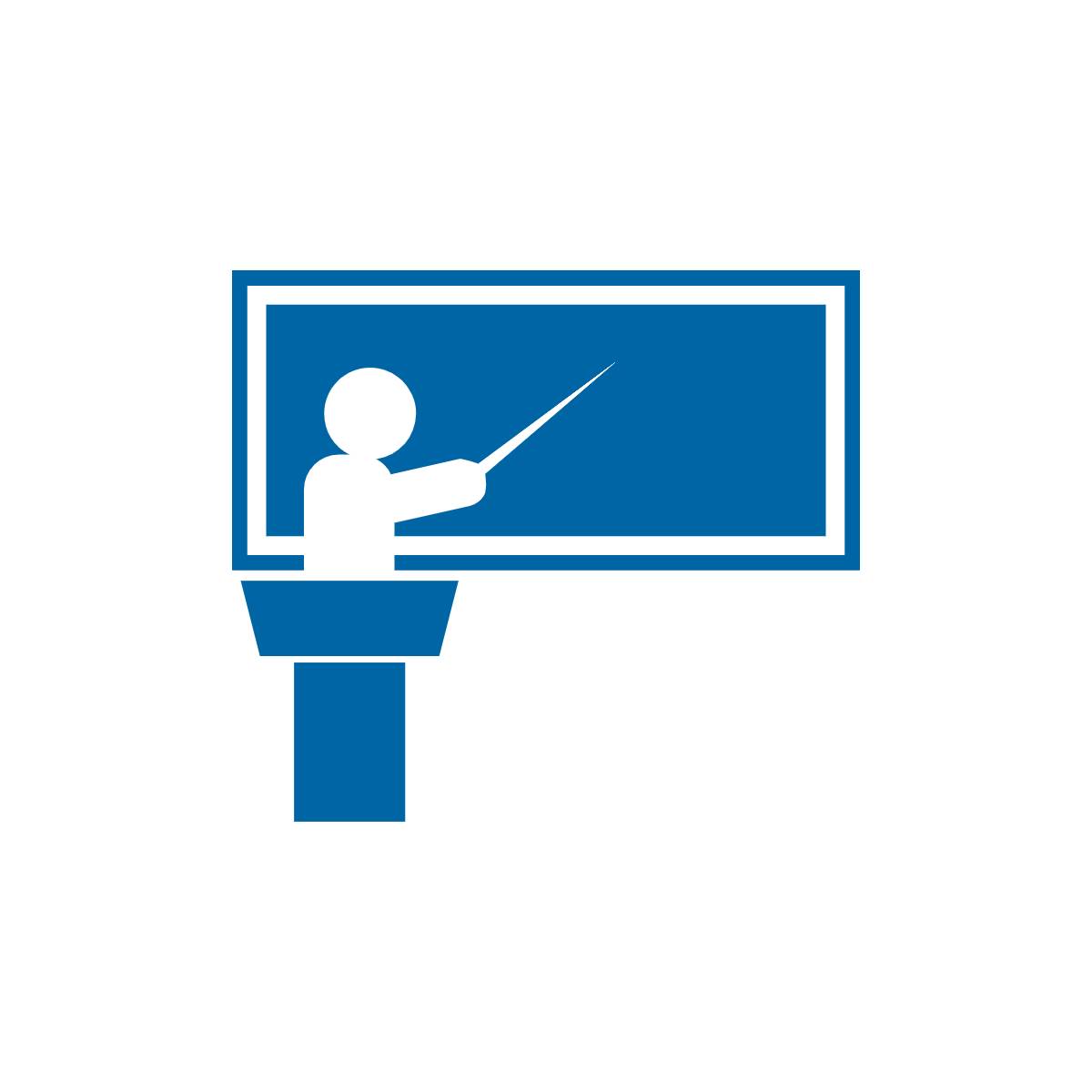
Teaching with AI
Spring/Summer 2024
AI is here—what should instructors know and do?
Should I let students use ChatGPT to complete assignments? What about academic integrity? Should I include a policy statement in my syllabus? What is particular about AI use in my discipline and the subjects I teach? Can I prepare students to use it effectively and thoughtfully, given that they may need it in their jobs? Tacking these questions together, participants will read and discuss Teaching with AI: A Practical Guide to a New Era of Human Learning (Johns Hopkins UP, 2024), by C. Edward Watson and José Bowen. Participants will also receive a month subscription to the paid AI platform of their choosing and experiment with various AI tools (ChatGPT, Calude, Copilot, DALL-E, etc.) in order to get a sense of their capabiltities and limitations. Perhaps we'll even come up with ways in which AI can enhance our teaching and help our students learn.
Meeting Dates/Times: TBD
Location/Campus: Two sections, one online and one meeting in-person -- times and dates TBD depending on group schedule polling
Facilitator: Rachel Anderson, English, [email protected]
Co-Facilitator: David Eick, Modern Languages and Literatures and Pew FTLC Faculty Fellow, [email protected]
Interested? You can register for this LC by completing an LC Application.
Transforming the College Classroom
Spring/Summer 2024
How might creating a classroom environment that is conducive to learning benefit students for the world beyond college?
This learning community is focused on the book, The New College Classroom (Harvard UP 2022), and is open to all faculty who are seeking innovative ways to improve the learning environment in their classrooms. Participants will discuss research related to the science of learning and explore pedagogies which can be integrated into their classroom.
Meeting Dates/Times: Tuesday mornings on May 7, 14, 21, 28, and June 4, 11, 18 from 10a-11am.
Location/Campus: Online/Zoom
Facilitator: Elizabeth Davis, Nursing, [email protected]
Co-Facilitator: David Eick, Modern Languages and Literatures and Pew FTLC Faculty Fellow, [email protected]
Interested? You can register for this LC by completing an LC Application.
Fostering Belonging in the Classroom and Community
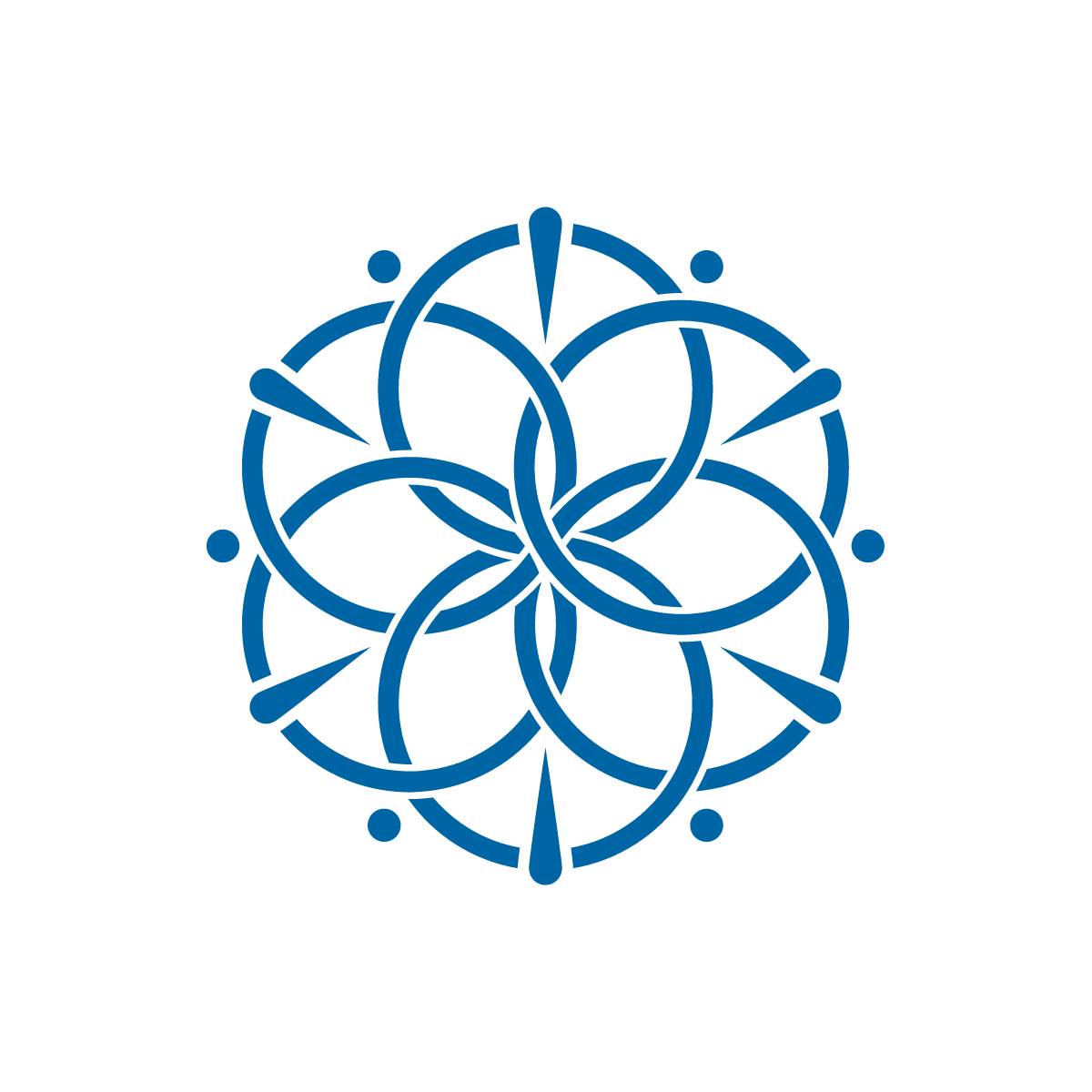
This series is devoted to topics that build and reinforce diversity, inclusion and equity.
- Spring/Summer 2024
- ADHD & Higher Education—How might a basic knowledge of explicitly designed instruction and other evidence-based practices assist with successfully supporting those with ADHD at the university level?
- Generations—How might greater understanding of the characteristics of our students, as compared to those of previous cohorts and our own demographic, help us connect with and teach them more effectively?
- Fall 2024
- Cultures of Growth: How the New Science of Mindset Can Transform Individuals, Teams and Organizations—Using the science of mindset, how might we best support GVSU student, staff, and faculty growth?
- Interdisciplinary Healthcare Professions Reconstructing DEI—How might interdisciplinary healthcare professions work together to become effective DEI models within the classroom and act as change agents?
- Winter 2025
ADHD & Higher Education
Spring/Summer 2024
How might a basic knowledge of explicitly designed instruction and other evidence-based practices assist with successfully supporting those with ADHD at the university level?
Do you know someone, or have you been diagnosed, with ADHD? In this community, members will learn about the characteristics and explore the literature regarding people with ADHD, as well as share experiences, strategies, and solutions to achieving success while at the university. A Universal Design for Learning (UDL) approach and the International Classification of Functionality (ICF) framework will be used to suggest inclusive supports needed to assist those with ADHD and/or neurodivergent characteristics.
Meeting Dates/Times: TBD
Location/Campus: TBD (hybrid)
Facilitator: Monica Harris, Teaching and Learning, [email protected]
Co-Facilitator: Mai MohamedNour, eLearning Technologies, [email protected]
Interested? You can register for this LC by completing an LC Application.
Cultures of Growth: How the New Science of Mindset Can Transform Individuals, Teams, and Organizations
Fall 2024
Using the science of mindset, how might we best support GVSU student, staff, and faculty growth?
Building on GVSU's student success series, this learning community will read and discuss Mary C. Murphy's (2024) book, Cultures of Growth: How the New Science of Mindset Can Transform Individuals, Teams, & Organizations. Dr. Murphy's research demonstrates that, "mindset transcends individuals [and] a growth mindset culture can transform any group, team, or classroom to reach breakthroughs while also helping each person achieve their potential." This learning community will identify how to foster cultures of growth at GVSU, at all levels.
Meeting Dates/Times: TBD
Location/Campus: Online/Virtual (with Zoom)
Facilitator: Erica Hamilton, Office of the Provost, [email protected]
Co-Facilitator: David Eick, Modern Languages and Literature and Pew FTLC Faculty Fellow, [email protected]
Interested? You can register for this LC by completing an LC Application.
Generations
Spring/Summer 2024
How might greater understanding of the characteristics of our students, as compared to those of previous cohorts and our own demographic, help us connect with and teach them more effectively?
Curious (or clueless) about what makes the current cohort of students tick? How and why are they different from our previous students? What unexamined presuppositions and formative experiences characterize our own age group? San Diego State University psychology professor Jean Twenge examines six generations in the U.S., beginning with what she calls Silents (b. 1925-45), and distills her findings in Generations: the Real Differences between Gen Z, Millennials, Gen X, Boomers, and Silents–and What They Mean for America's Future (Simon & Schuster, 2023). Participants will read and discuss the book and, hopefully, glean insights to help us connect with and teach the current generation more effectively.
Meeting Dates/Times: TBD
Location/Campus: Online/Virtual (with Zoom)
Facilitator: David Eick, Modern Languages and Literature and Pew FTLC Faculty Fellow, [email protected]
Co-Facilitator: Grace Coolidge, History, [email protected]
Interested? You can register for this LC by completing an LC Application.
Interdisciplinary Healthcare Professions Reconstructing DEI
Fall 2024
How might the interdisciplinary healthcare professions work together to become effective DEI models within the classroom and act as change agents?
Fostering a sense of inclusion and belonging in the classroom within the interdisciplinary healthcare settings begins with self-awareness. This learning community will act to dive deeper into self-awareness and move towards evidence-based DEI strategies. Together we will work through Lily Zhen's book and workbook, DEI Deconstructed and Reconstructing DEI, to leverage an outcome-oriented understanding of DEI. In addition, we aim to create a comprehensive foundation of actionable techniques to support participants in becoming more effective DEI practitioners, allies, and leaders.
***This Learning Community is open to Interdisciplinary Healthcare Faculty only.***
Meeting Dates/Times: TBD
Location/Campus: Online/Virtual (with Zoom)
Facilitator: Jay Knight, Nursing, [email protected]
Co-Facilitator: Kellie Riley, Nursing, [email protected]
Interested? You can register for this LC by completing an LC Application.
Strong Start
- Spring/Summer 2024
- Generations—How might greater understanding of the characteristics of our students, as compared to those of previous cohorts and our own demographic, help us connect with and teach them more effectively?
- Fall 2024
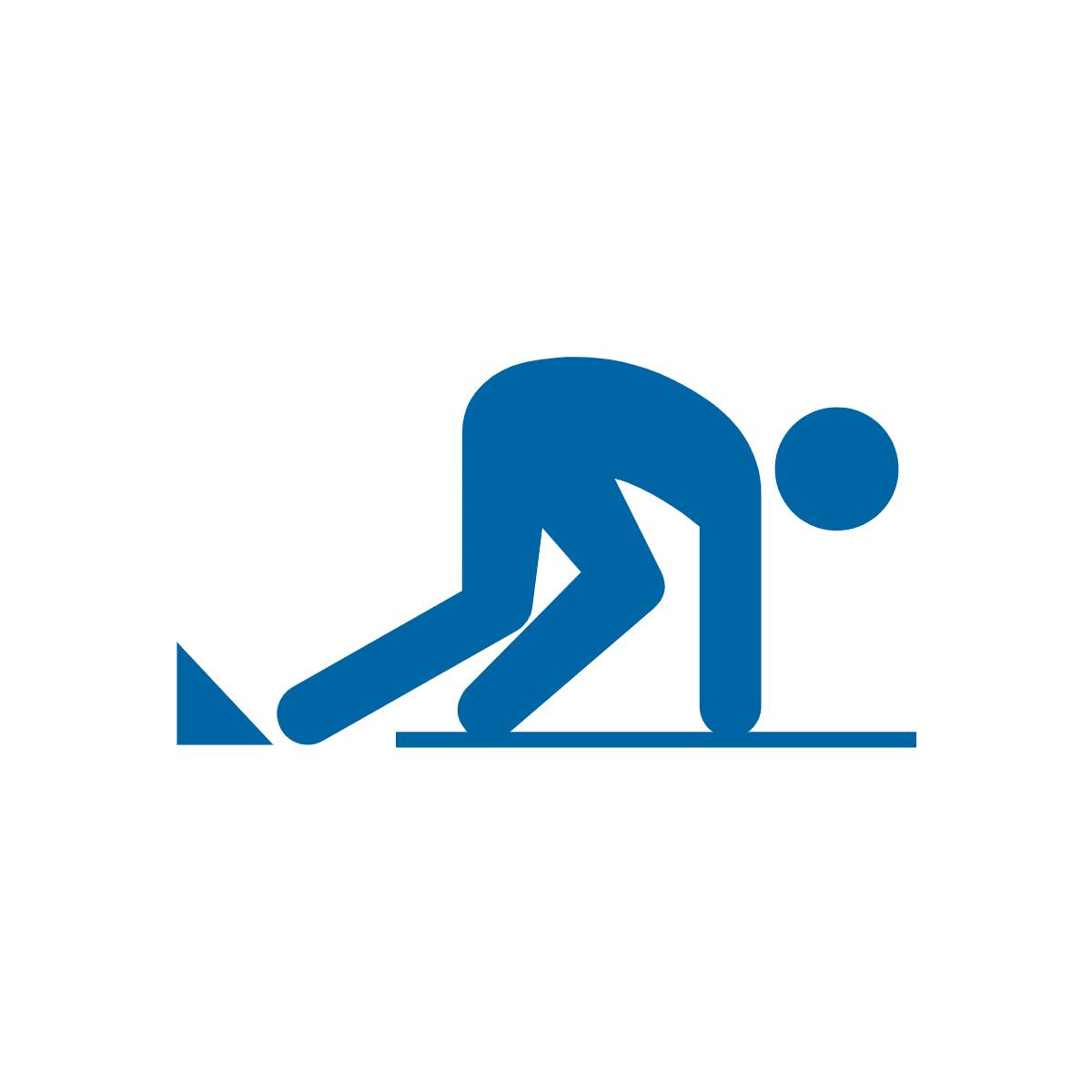
Topic-Based
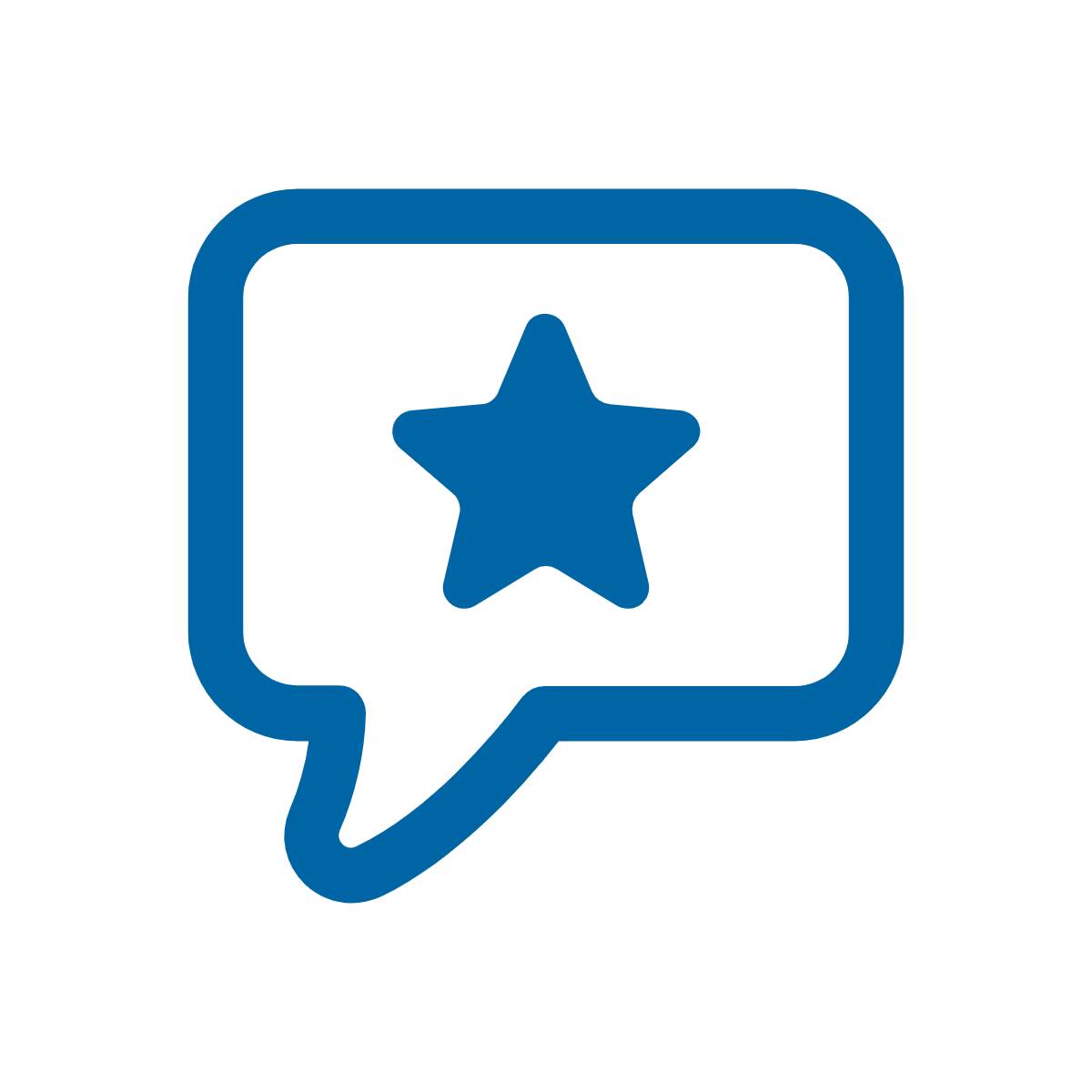
This series works to gather faculty or staff from a wide variety of disciplines around a single topic of interest
- Spring/Summer 2024
- ADHD & Higher Education—How might a basic knowledge of explicitly designed instruction and other evidence-based practices assist with successfully supporting those with ADHD at the university level?
- How to Integrate AI in Advertising and Public Relations Teaching— How can AI improve the teaching practice in Advertising and public relations?
- Four Thousand Weeks: Time Management for Mortals — Do you feel there is never enough time to get things done? Are you holding yourself to, and judging yourself by, standards of productivity or performance that are impossible to meet?
- Cheating, Yesterday and Today — In the age of AI, how can instructors foster academic honesty?
- Fall 2024
- Winter 2025
Cheating, Yesterday and Today
Spring/Summer 2024
In the age of AI, how can instructors foster academic honesty?
What does the research say about why students cheat? Does my course design invite cheating? How might we motivate students not to use ChatGPT to do assignments (unless we want them to)? How can we get them to do the work requisite for learning? Participants will tackle these questions as we read Cheating Lessons (Harvard UP, 2013), by James Lang, our 2023 Fall Conference keynote speaker. Arguably more relevant today than when first published, Lang’s first book offers strategies to reduce academic dishonesty and promote deeper learning.
Meeting Dates/Times: TBD
Location/Campus: TBD—Zoom
Facilitator: David Eick, Modern Languages and Literatures and Pew FTLC Faculty Fellow, [email protected]
Interested? You can register for this LC by completing an LC Application.
How to Integrate AI in Advertising and Public Relations Teaching
Spring/Summer 2024
How can AI improve the teaching practice in Advertising and public relations?
This learning community will explore how to integrate AI technology into the courses of Advertising (Ad) and public relations (PR). This learning community will collaboratively learn how to use some of the popular AI tools for writing, designs. and data analysis in the field of advertising and public relations/ The professors in the community can help each other to keep up with the most important tech trends and prepare our students for a future in which competence in AI is a requisite.
Meeting Dates/Times: TBD
Location/Campus: TBD
Facilitator: Faye Yang, School of Communication, [email protected]
Interested? You can register for this LC by completing an LC Application.
Four Thousand Weeks: Time Management for Mortals
Spring/Summer 2024
Do you feel there is never enough time to get things done? Are the standards of productivity and efficiency you are holding yourself to impossible to achieve?
We all perceive that there isn't enough time and are consumed with our to do list, jam-packed in boxes and increasing distractions, regardless of our occupation. Ways to become more productive are limitless. Unfortunately, these productivity tricks often make things worse for us and we continue to rush through our days, proceeding to miss the most significant parts of our lives.
In Four Thousand Weeks, Oliver Burkeman provides a map to time and time management. Instead of focusing on "getting everything done," Burkeman encourages the reader to accept that time is limited and that many of the ways we think about time can be changed. We can do things differently.
Meeting Dates/Times: TBD
Location/Campus: Online/Zoom
Facilitator: Martina Reinhold, Physician Assistant Studies, [email protected]
Interested? You can register for this LC by completing an LC Application.
Women in Academia
This series is devoted to topics of particular interest to female faculty
- Fall 2024
